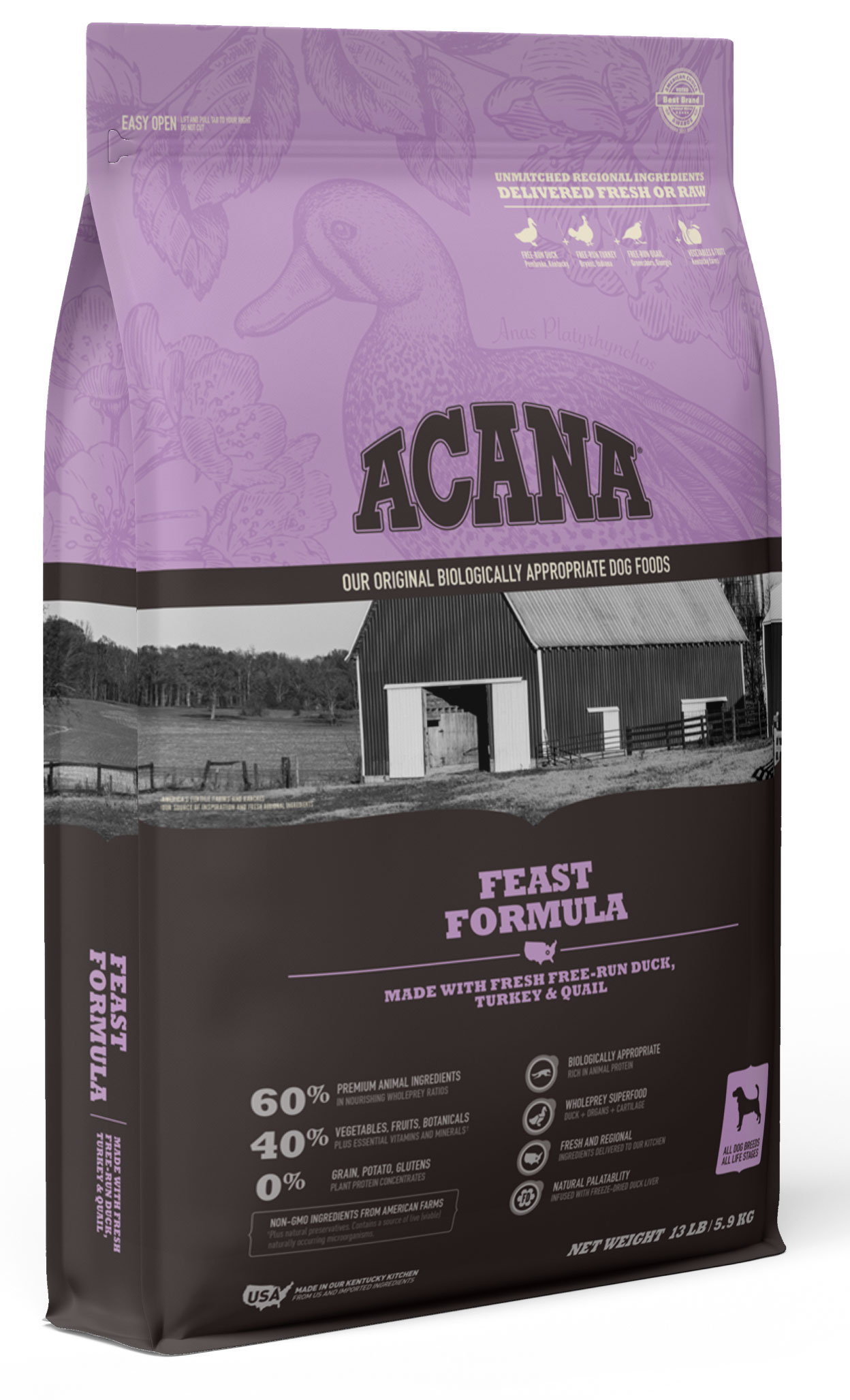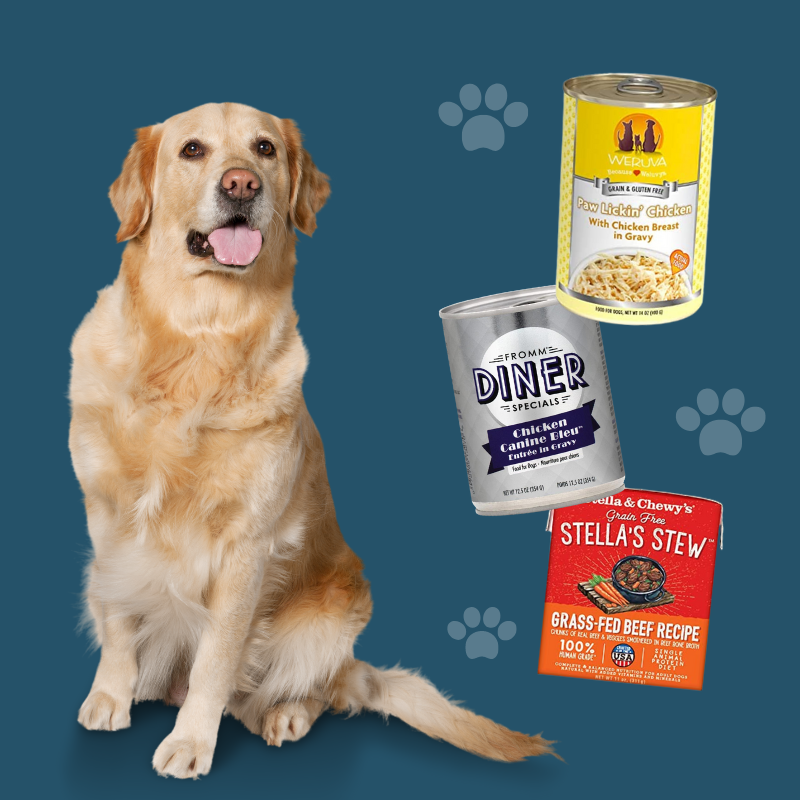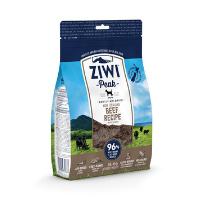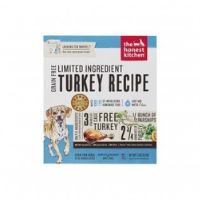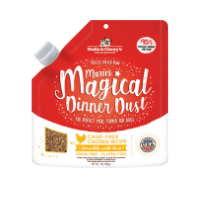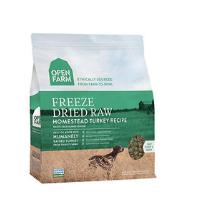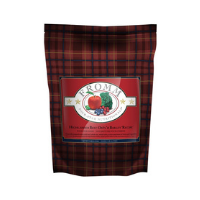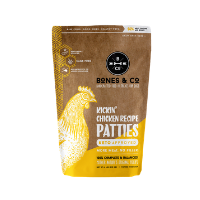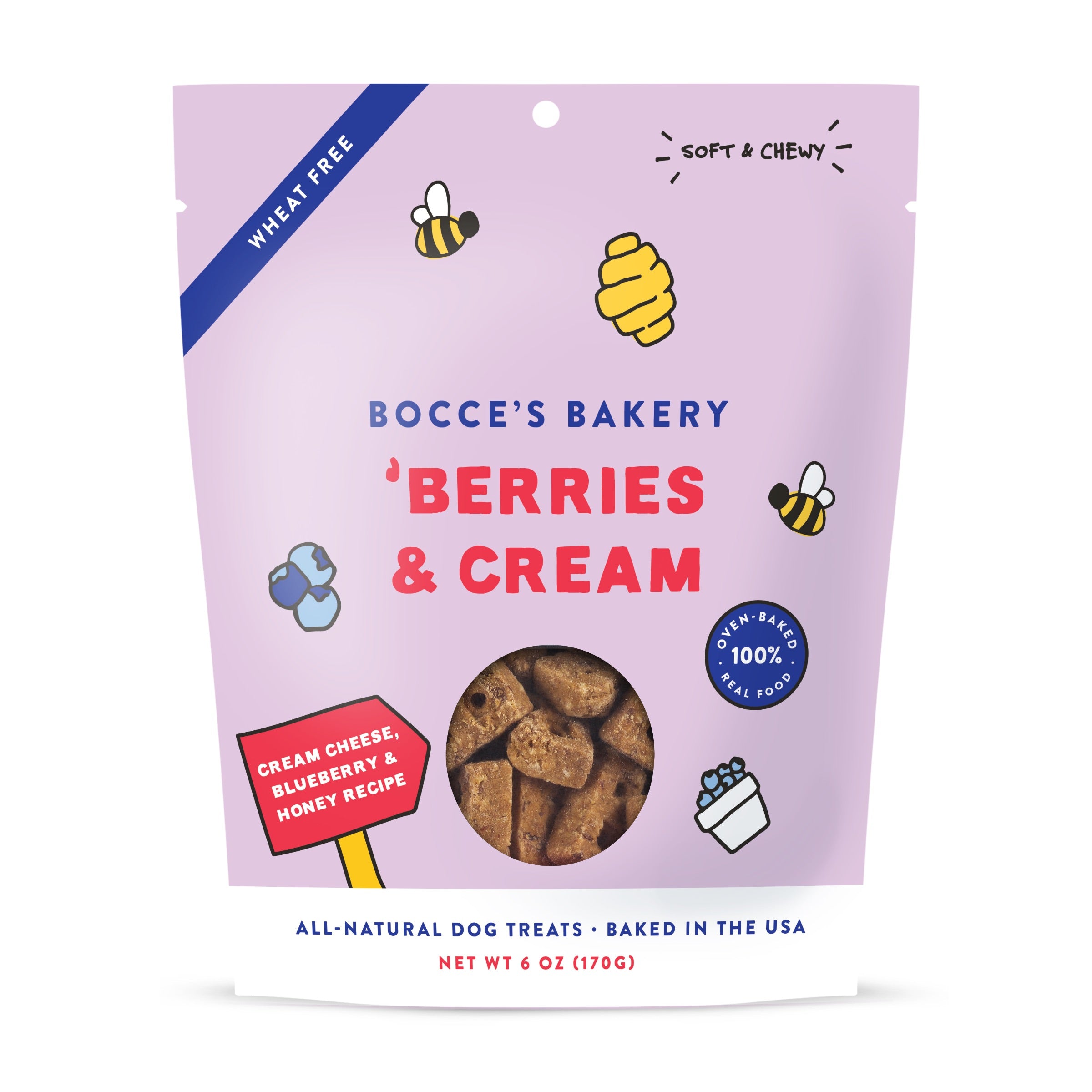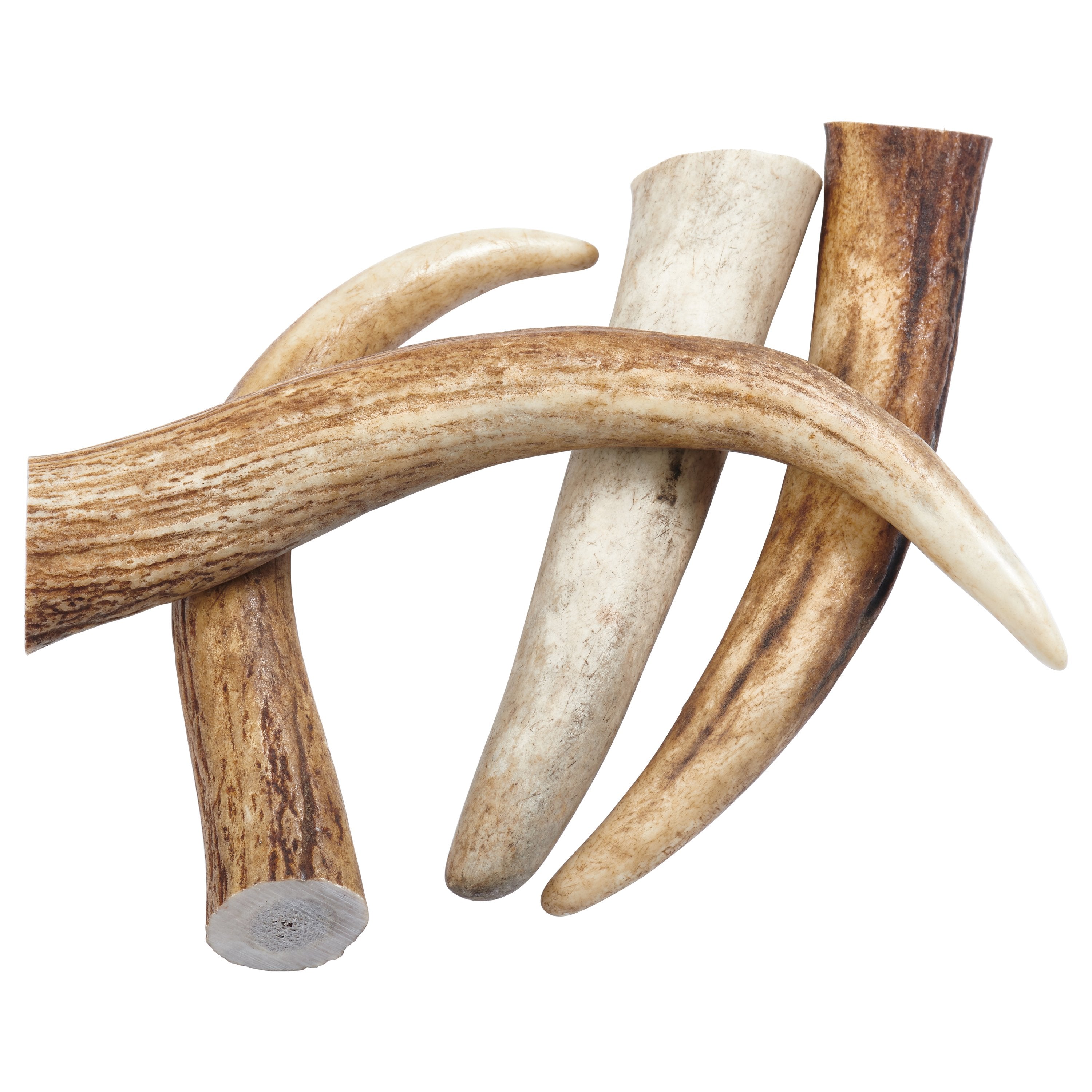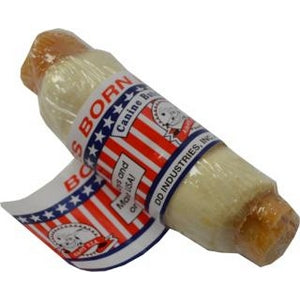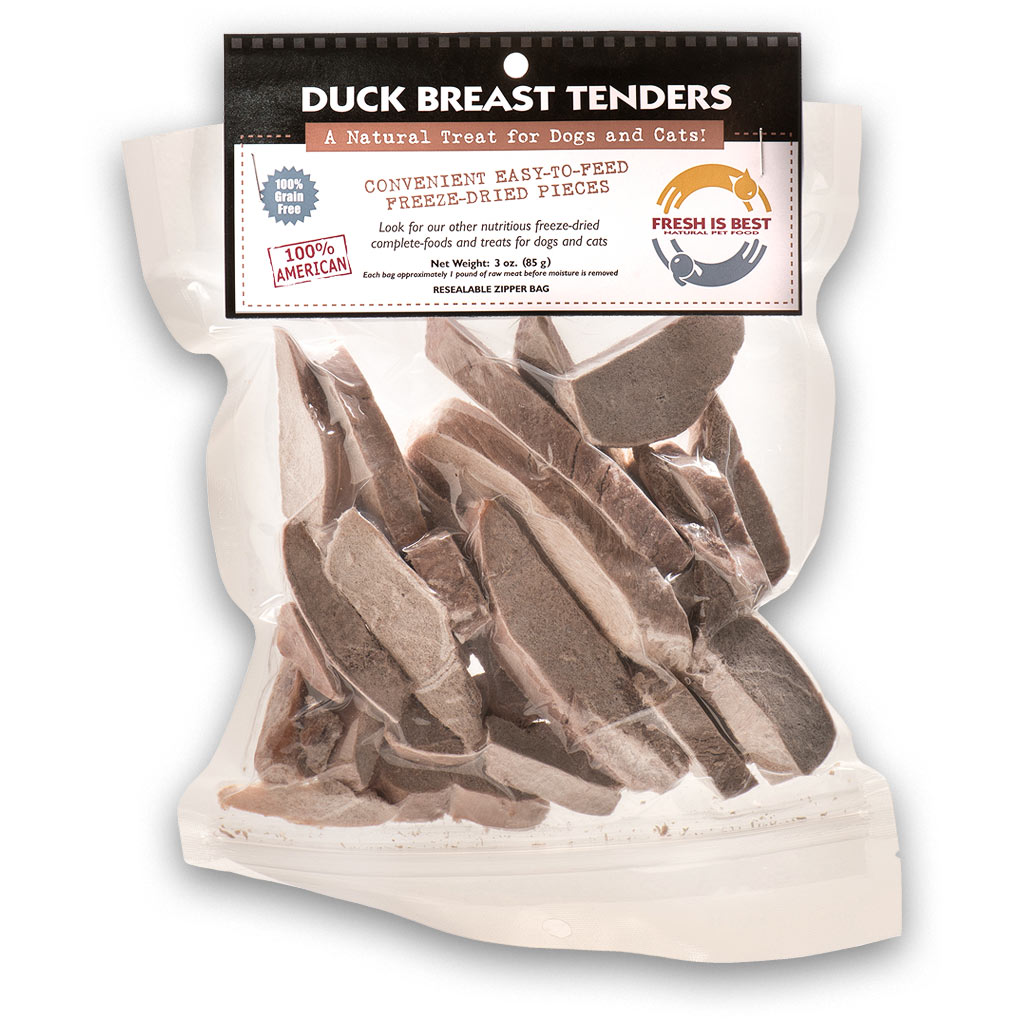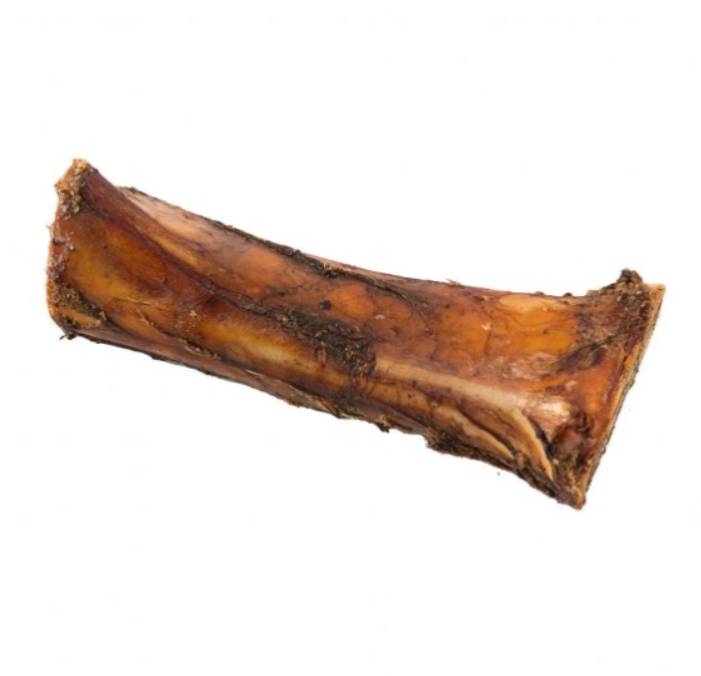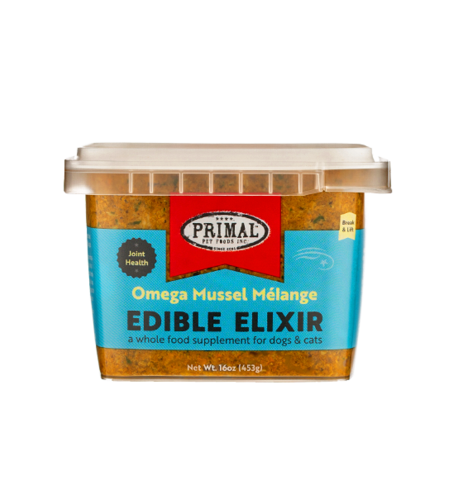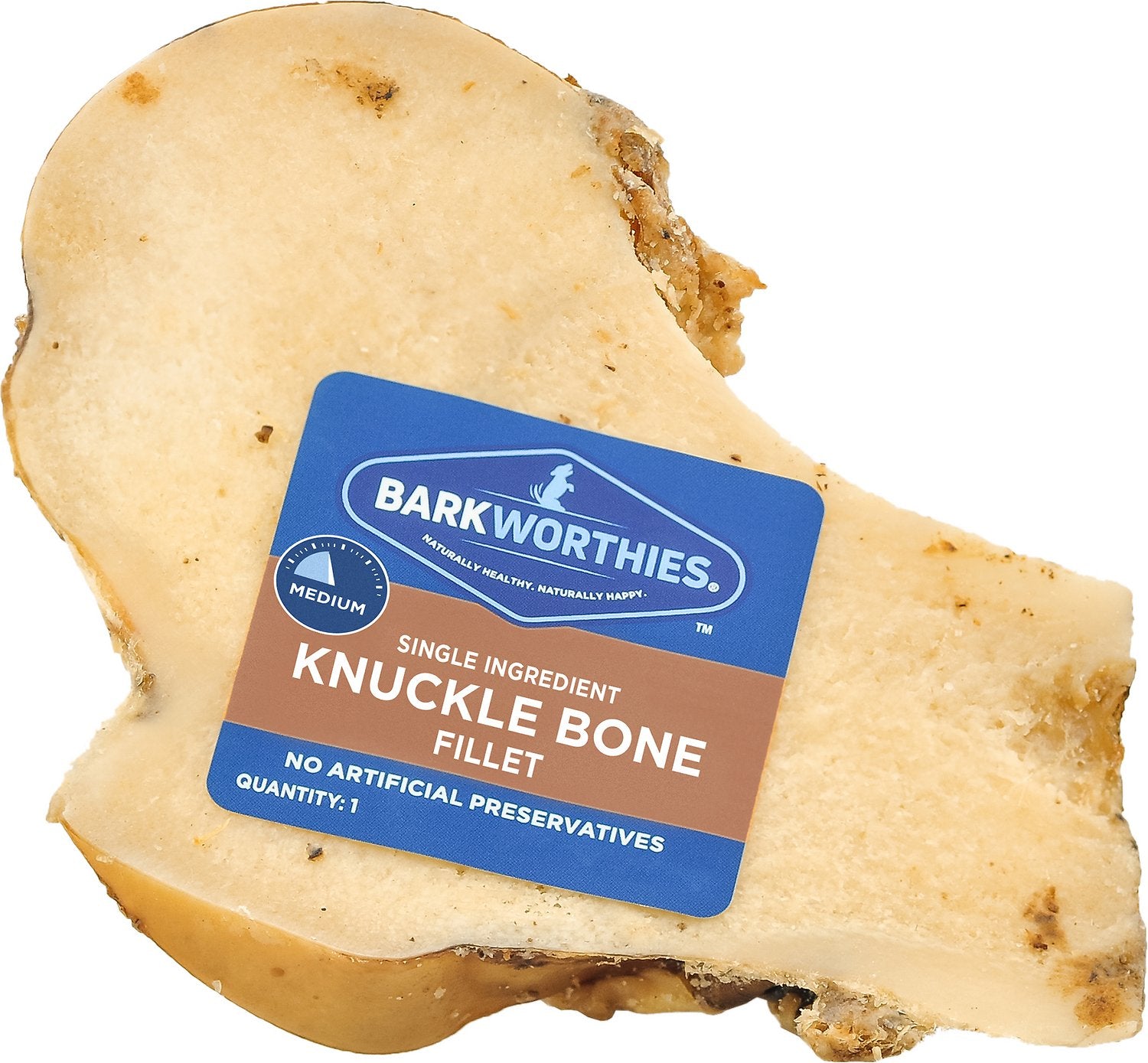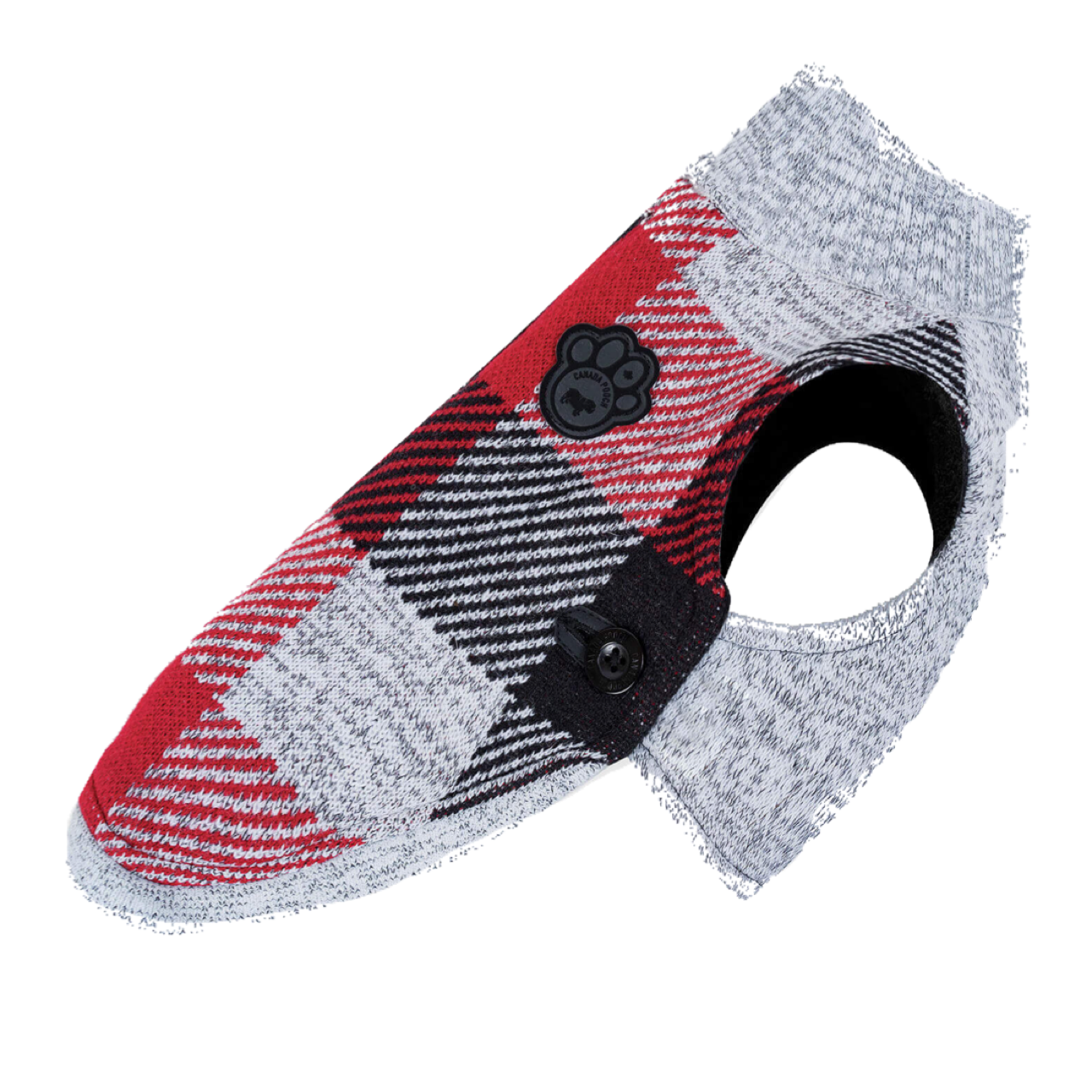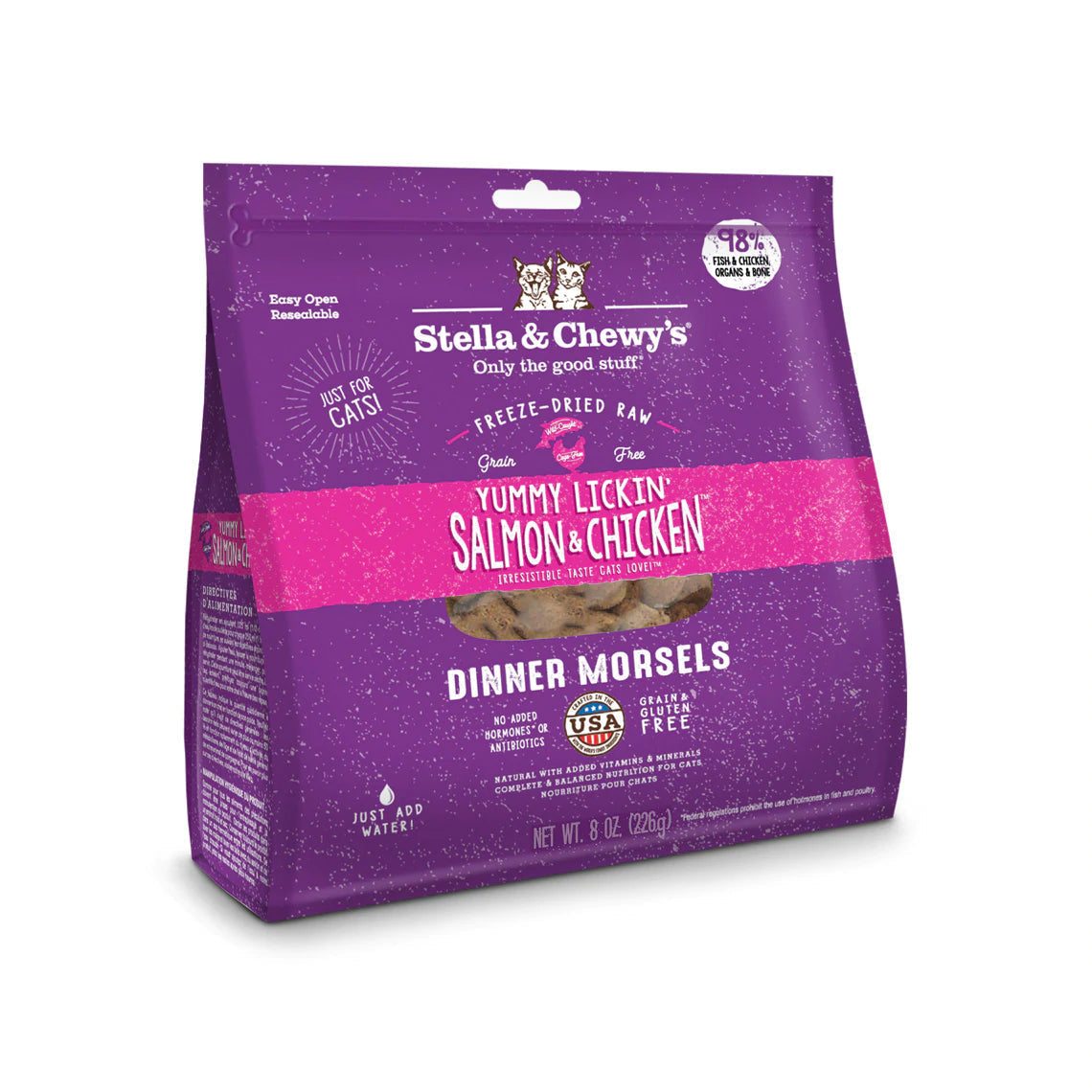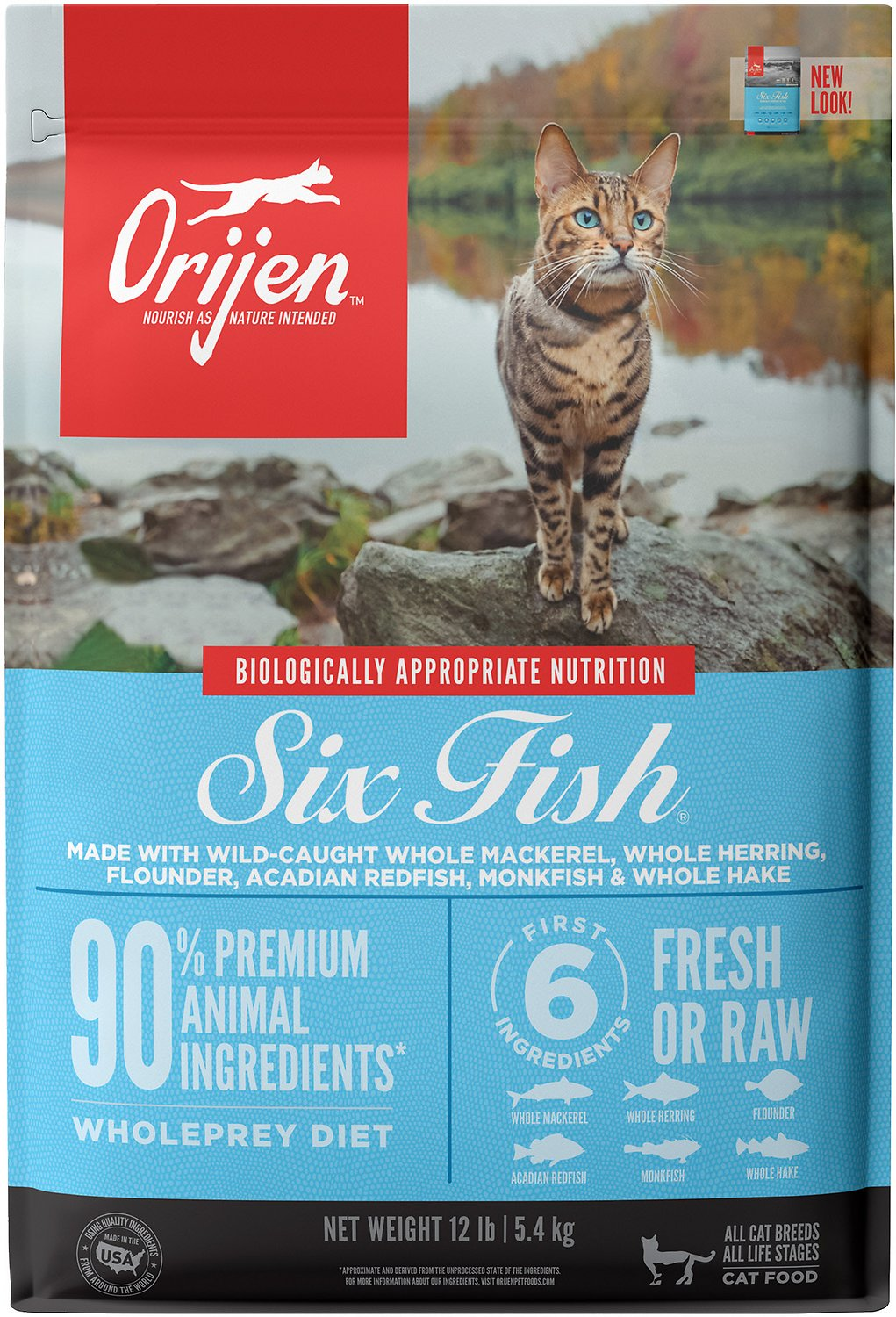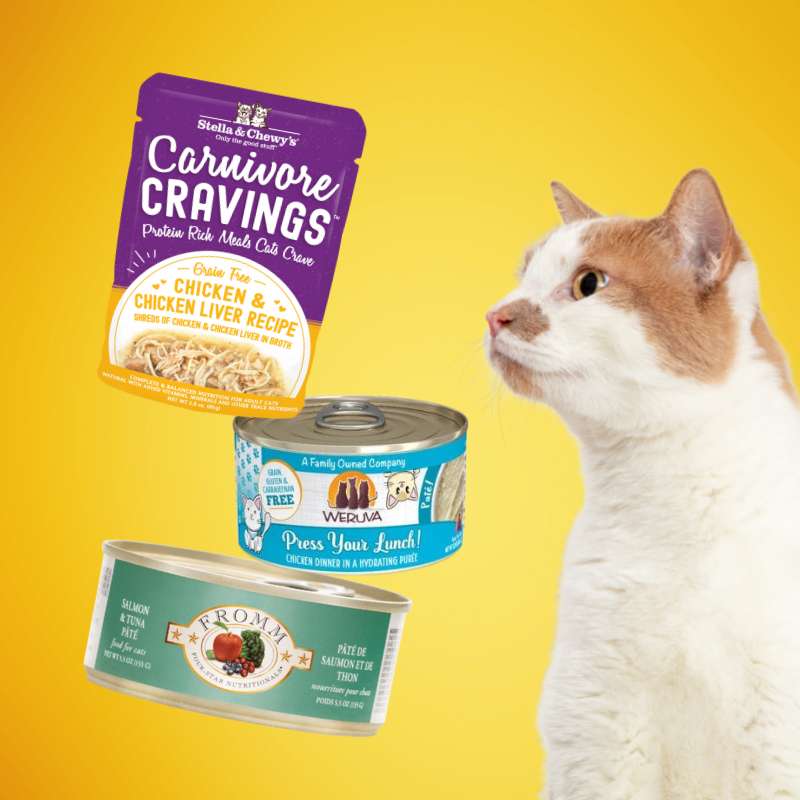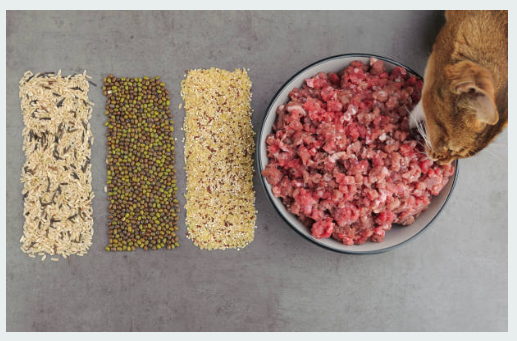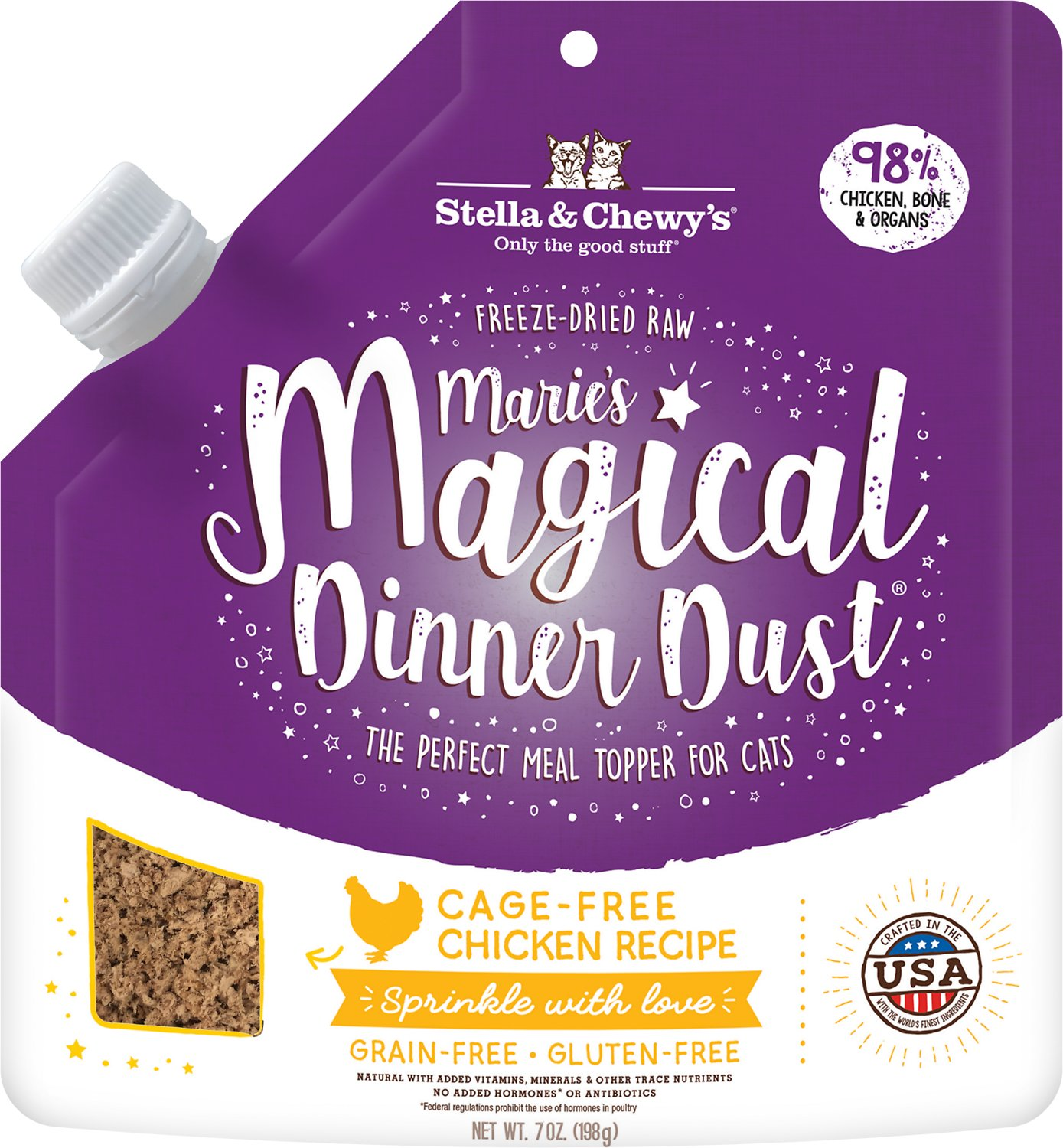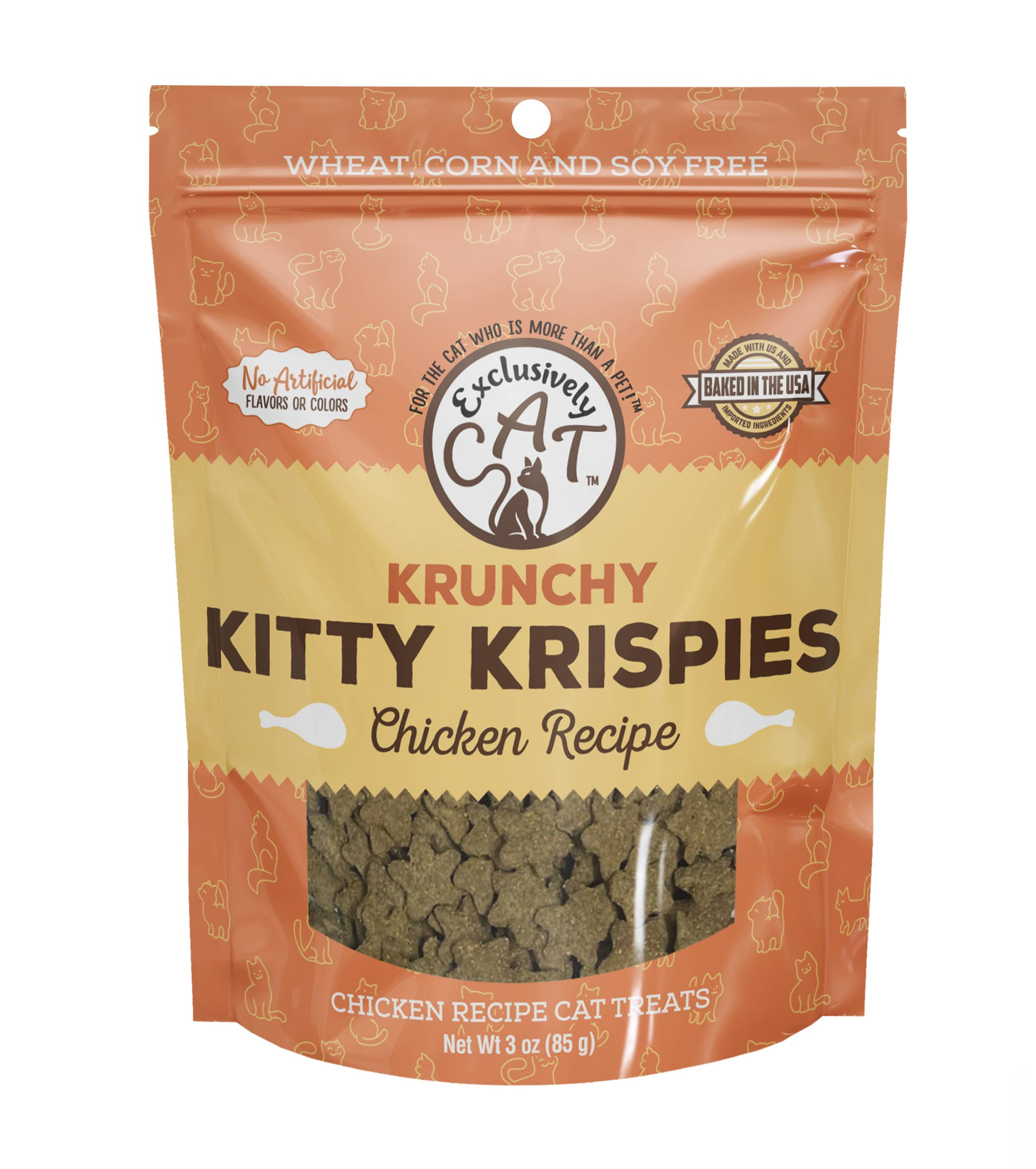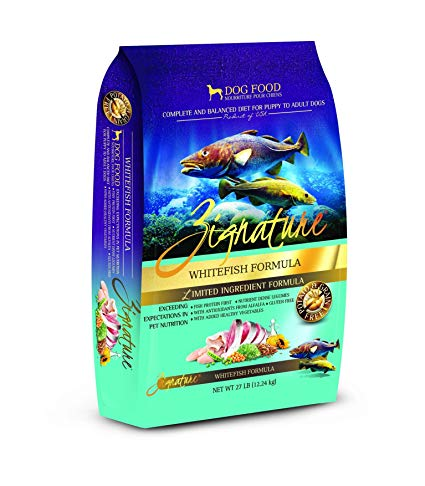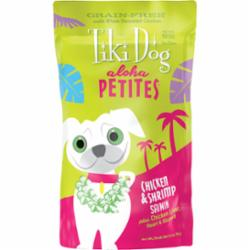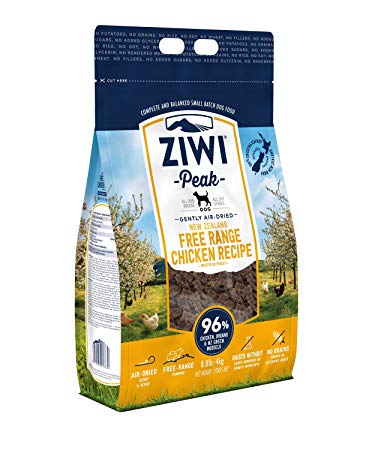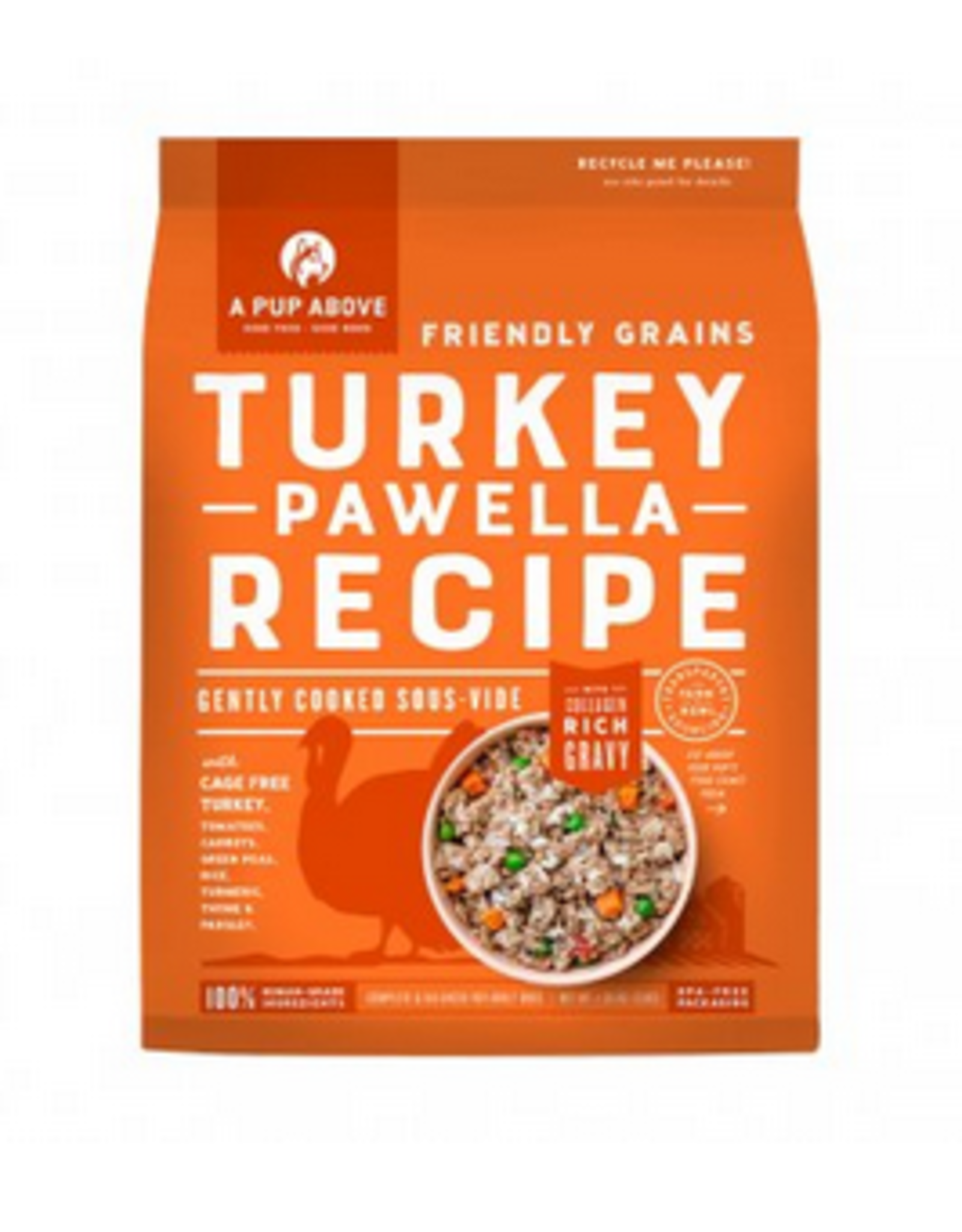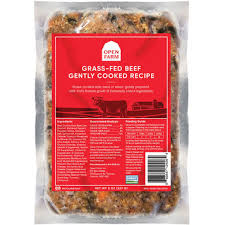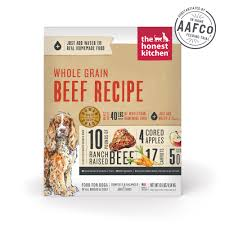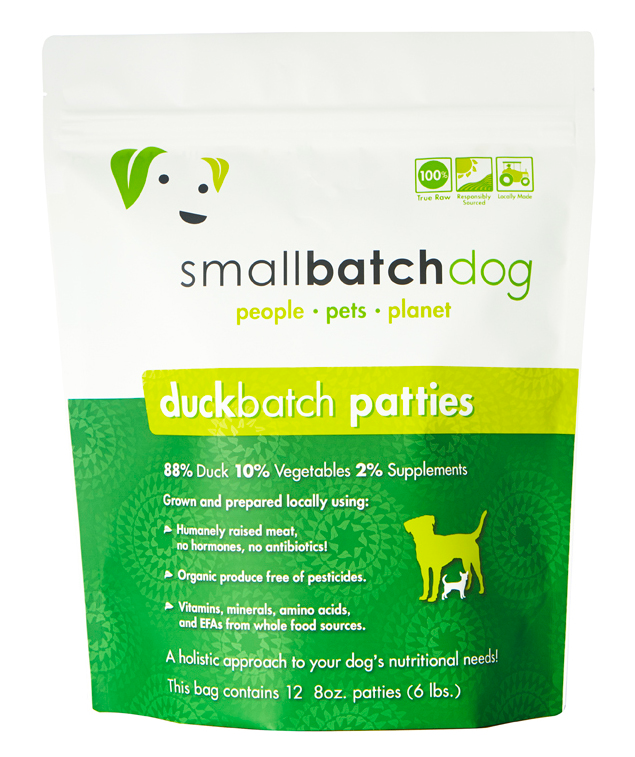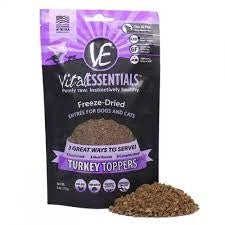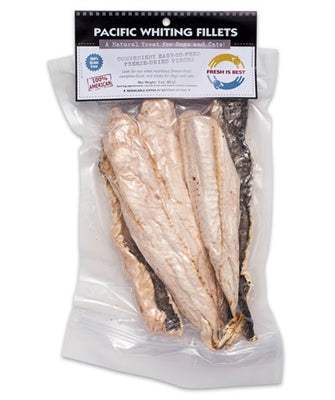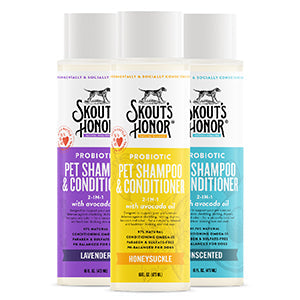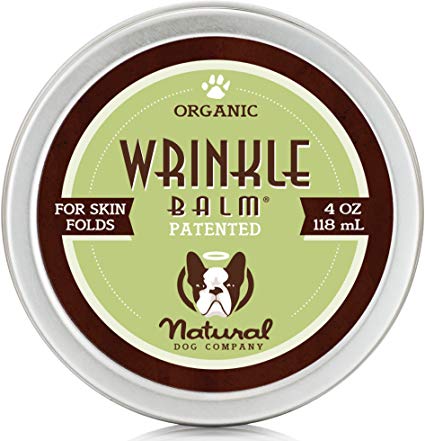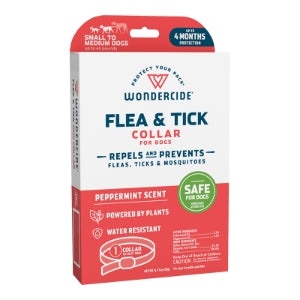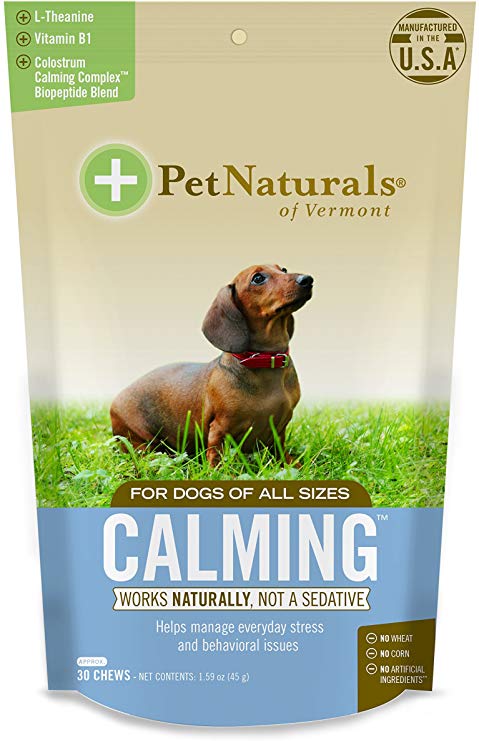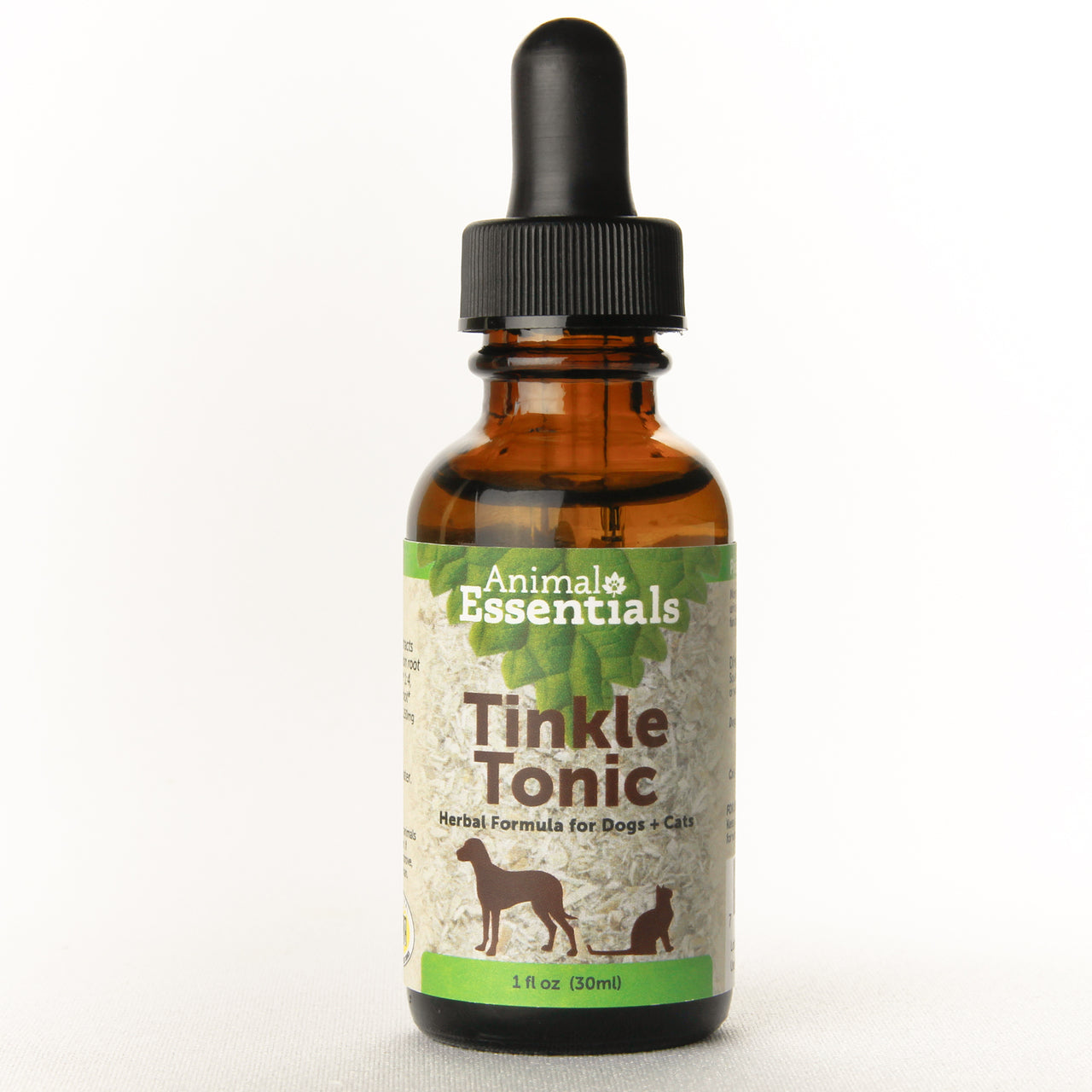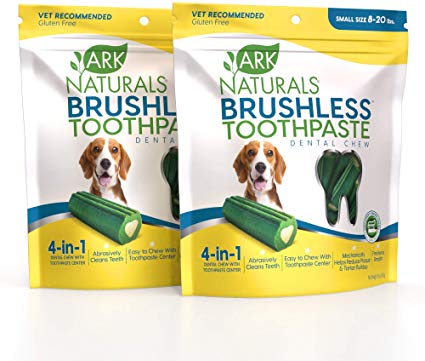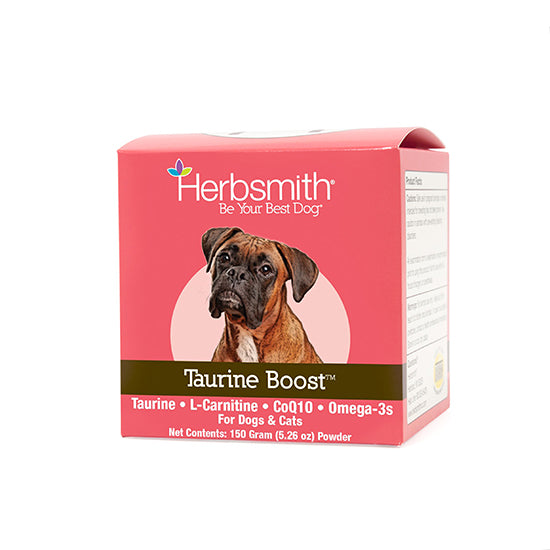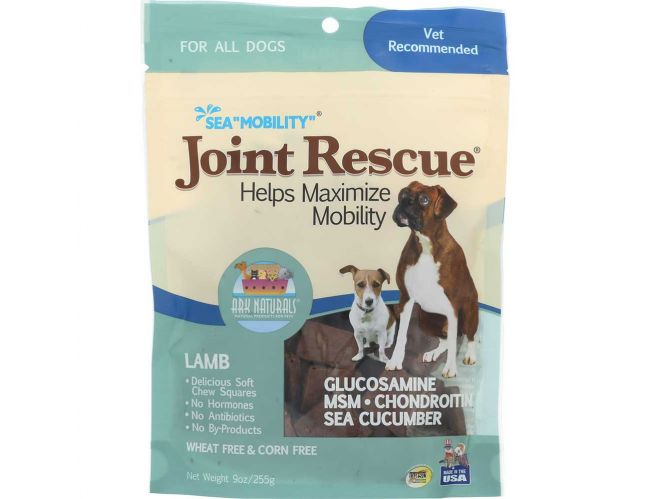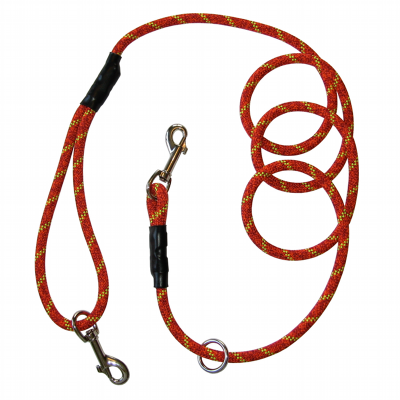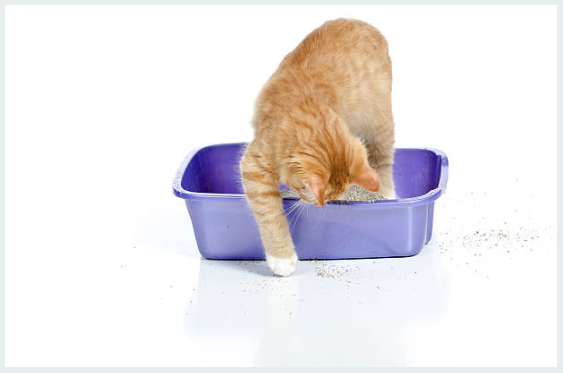Organ meats, also known as offal, can be a beneficial addition to a pet's diet when fed in moderation and as part of a balanced and complete nutrition plan. Here are some benefits of including organ meats in a pet's diet:
-
Rich in Essential Nutrients: Organ meats are nutrient-dense and provide essential vitamins and minerals that contribute to overall health. They are particularly high in vitamins such as A, D, E, and K, as well as B-vitamins (including B12, riboflavin, and niacin) and minerals like iron, zinc, and copper.
-
Natural Source of Protein: Organ meats are an excellent source of high-quality protein, which is essential for muscle development, maintenance, and repair. Protein is a crucial component of a pet's diet, and organ meats provide amino acids necessary for various bodily functions.
-
Source of Essential Fatty Acids: Organ meats, especially liver, contain omega-3 and omega-6 fatty acids, which are beneficial for the skin, coat, and overall immune function. These fatty acids play a role in reducing inflammation and promoting a healthy skin and coat.
-
Supports Energy Levels: The nutrient content of organ meats helps support energy metabolism in pets. The combination of proteins, vitamins, and minerals contributes to the overall energy balance and vitality of the animal.
-
Palatability and Variety: Many pets find organ meats highly palatable, adding variety to their diet. Including a diverse range of foods can make the diet more enjoyable for the pet and may encourage them to eat a well-rounded, balanced meal.
-
Natural Source of Taurine (for Cats): Taurine is an essential amino acid for cats that is abundant in organ meats, particularly in the heart. Taurine is crucial for feline heart health, vision, and reproductive function.
-
Supports Organ Function: Feeding organ meats can support the health of specific organs. For example, liver is rich in vitamin A, which is important for vision and immune function, and it plays a role in supporting the liver itself.
It's important to note that while organ meats offer many benefits, they should be fed in moderation and as part of a balanced diet. Too much of certain organ meats, especially liver, can lead to an excess of certain nutrients, such as vitamin A. Consulting with a veterinarian to determine the appropriate amount and type of organ meats for your pet's specific needs is advisable. Additionally, some pets may have dietary restrictions or sensitivities, so any changes to their diet should be made gradually and under the guidance of a veterinary professional.



